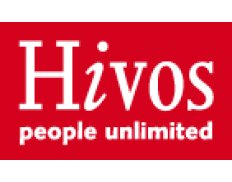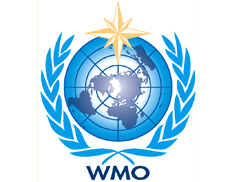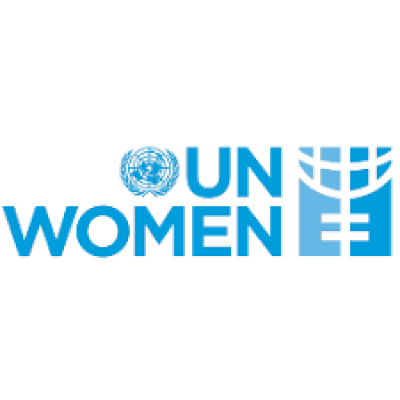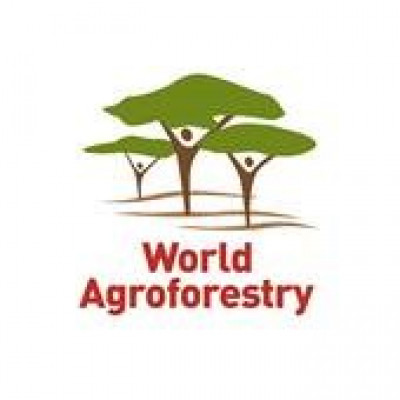Details
Description
Background
United Nations Entity for Gender Equality and the Empowerment of Women (UN Women) supports UN member states in implementing international standards for achieving gender equality and cooperates with governments and civil society in the development of laws, policies, programs, and services necessary to effectively implement these standards. The organization's actions are also aimed at implementing the global Development Agenda for the period up to 2030 - the Sustainable Development Goals (SDGs) for the benefit of women and girls, as well as promoting their equal participation in all aspects of life.
In 2017, the European Union began to plan a comprehensive support for public sector reform in Afghanistan. The same year, the project aimed at increasing the participation of women in economic and public life through education and empowerment. Launched in 2021, the second phase of the project represents an expansion of an ongoing Phase I cooperation programme.
Given the expertise in women’s economic empowerment, UN Women has been tasked to organize extra-curriculum activities for Afghan women-students in the form of winter/summer school trainings to enhance educational potential of Afghan women, raise their awareness about gender equality, women’s rights and leadership and provide them with practical tools, that will help them in their future professional and personal development.
Based on the preferences and suggestions of the Afghan women-students, the next winter school will be held in an offline format and designed to enhance the knowledge and skills of new cohort of Afghan women-students in the area of gender equality and women’s empowerment, women’s political leadership, peacebuilding, conflict resolution, women, peace and security, enhanced employment opportunities, business planning, project management, STEM (science, technology, engineering and mathematics) and personal development.
Timeframe and Location
The winter school training is expected to be held in-person according to the following schedule:
Location
Date
Almaty, Kazakhstan
11-15 January (two simultaneous schools for 50 women students)
Bishkek, Kyrgyzstan
17-21 January (for 25 women students)
Tashkent, Uzbekistan
6-10 February (for 25 women students)
In this regard, UN Women is seeking a qualified facilitator or a group of facilitators (maximum four) with proven expertise and experience to conduct and facilitate the winter school training for Afghan Women students in Central Asia.
*The potential facilitator or group of facilitators (maximum four) can indicate at least one school and maximum all three schools that she/he or they are willing to contribute.
Depending on the COVID-19 situation in hosting countries and state regulations, In-Person event can be switched to a Virtual Event
Duties and Responsibilities
Under the supervision of UN Women Project Manager, the International Facilitator or group of Facilitators are expected to lead and facilitate the winter school training sessions in three countries of Central Asia.
Duties and Responsibilities
The International facilitator or Group of Facilitators are expected to undertake the following specific tasks:
Phase 1: Pre-training work
Participate in a preparatory meeting with UN Women and experts before the school training to have discussion on the training agenda, facilitation processes, roles of key participants and expected results.
Based on the agreed agenda develop and propose innovative training methodology, approaches, and tools to ensure maximum participation (interactive activities, practical exercises, debating sessions, energizers, games, etc.)
Prepare content materials, presentations, as well as a pre- and post-training evaluation questionnaire
Phase 2: During the training
Work closely with experts and trainers and facilitate the five-day school training using innovative concepts and ideas.
Provide guidance and technical advice and support to participants during the training.
Gather feedback and comments from participants and conduct pre- and post – training evaluation survey to evaluate learning achievements of participants.
Any other tasks can be required – specific for training needs
Phase 3: Post training work
Facilitate internal debrief session, provide feedback and recommendations to UN Women team on ways forward to improve future planning processes.
Consolidate information from the training and prepare a final report that includes a thorough evaluation of the training.
The International Facilitator or Group of Facilitators are expected to work home based with travels to 1) Almaty, Kazakhstan; 2) Bishkek, Kyrgyzstan; 3) Tashkent, Uzbekistan to facilitate in-person training sessions.
Competencies
Core Values:
Respect for Diversity
Integrity
Professionalism
Core Competencies:
Awareness and Sensitivity Regarding Gender Issues
Accountability
Effective Communication
Inclusive Collaboration
To learn more about UN Women values and competencies, please follow the link UN Women’s Core Values and Competencies
Required Skills and Experience
Education:
Minimum university degree in Social Science or other relevant field
Additional training/ certificate on facilitation skills and techniques is an asset
Experience
Minimum 5 years of experience in facilitating similar trainings/workshops (each Facilitator)
Thorough knowledge of up to date interactive facilitation techniques, methods and tools and ability to apply in practice.
Excellent interpersonal and communication skills, experience working with diverse and multicultural groups.
Knowledge of the international peace and/or human rights sector will be an asset.
Prior experience with UN agencies or other similar international organizations is desirable
Languages:
Excellent communication and written skills in English are mandatory. Knowledge of Russian is an asset.
Technical evaluation criterion:
Criteria
Maximum
quantity points
Education
Minimum university degree in Social Science or other relevant field
50
Additional training on facilitation skills
80
Professional experience
Minimum 5 years of experience in facilitating similar trainings/workshops
5 year – 200
5-10 year – 250
<10 years - 300
Thorough knowledge of up to date interactive facilitation techniques, methods and tools and proven record in applying in practice
130
Excellent interpersonal and communication skills, experience working with diverse and multicultural groups
50
Prior experience with UN agencies or other similar international organizations
30
Languages
Excellent communication and written skills in English
Knowledge of Russian
40
20
Maximum overall technical score (70%)
700
Only candidates with a minimum of 490 points will be eligible for financial evaluation.
Financial assessment:
The evaluation of the submitted financial proposals will be made based on the following formula:
C low / C x 300, where
C is the price of the evaluated offer; and
C low - this is the lowest price of all evaluated offers among the corresponding offers;
300 is the maximum financial point you can get.
The winner is the candidate who scores the highest score on the total score (according to the results of the technical assessment + financial assessment). The maximum possible score for the technical evaluation is 700 and 300 for the financial proposal.
Candidate selection:
The contract will be offered to the candidate with the highest score in the cumulative evaluation.





